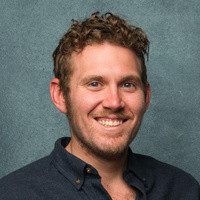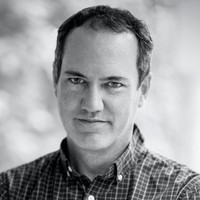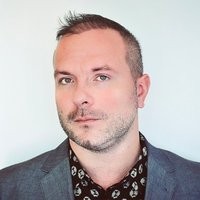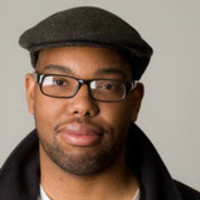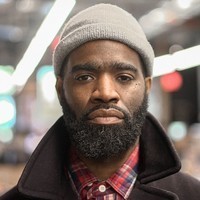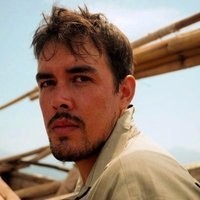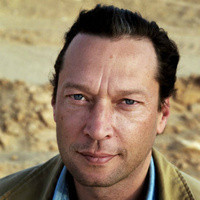Chris Hayes hosts All In with Chris Hayes on MSNBC and is an editor-at-large for The Nation.
"The instability was so intense and the anguish and frustration were so intense that there wasn’t a ton of time to think through, 'Well, what is my role in this?' Mostly it was: wake up in the morning after two or three hours of sleep and start going to stuff, talking to people, and keep doing that until the show happens."
Thanks to GoDaddy for sponsoring this week's episode. Apply for the TinyLetter Writers Residency by September 26. And nominate your favorite soccer article for a chance to win a free Xbox One and EA SPORTS FIFA 15.



